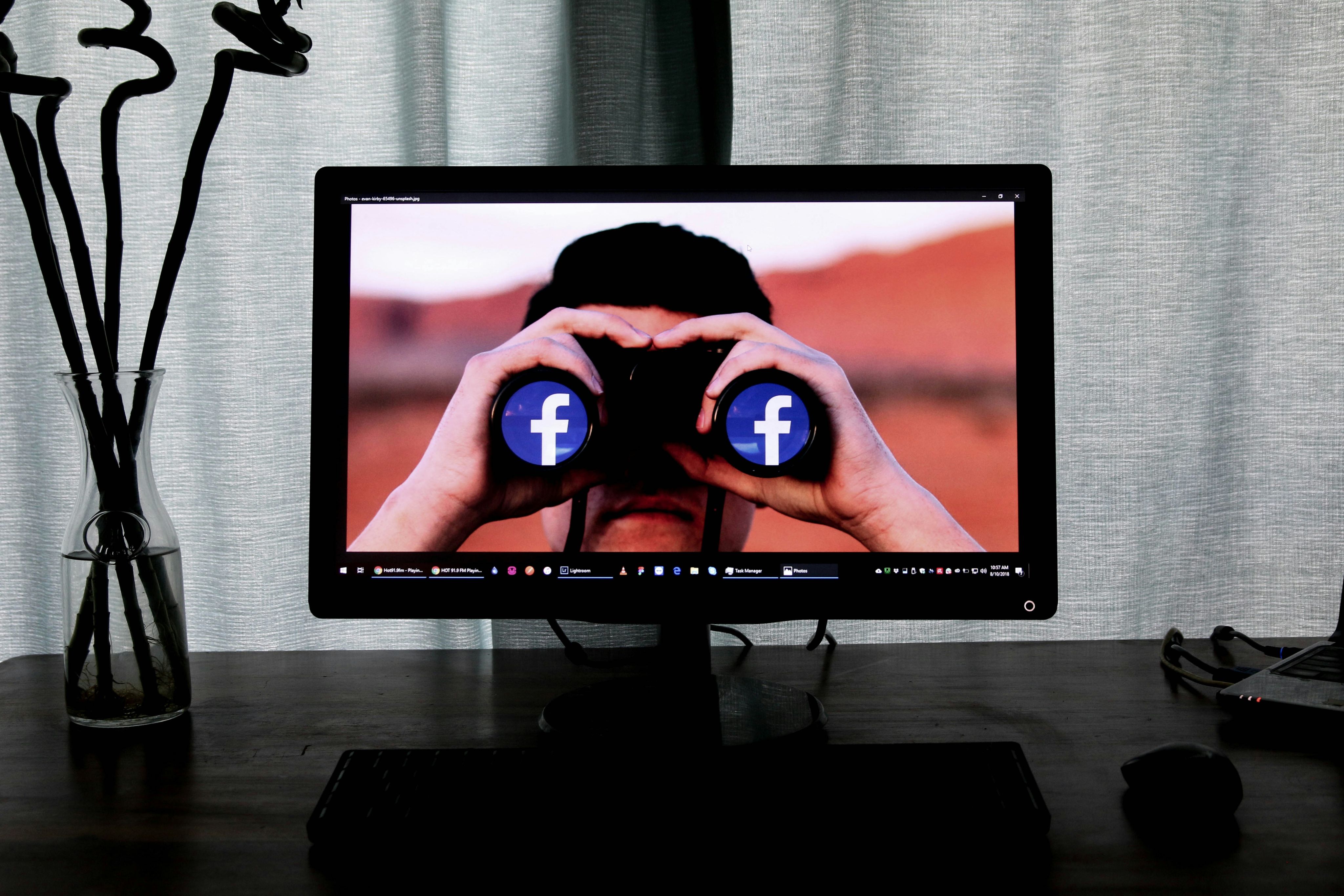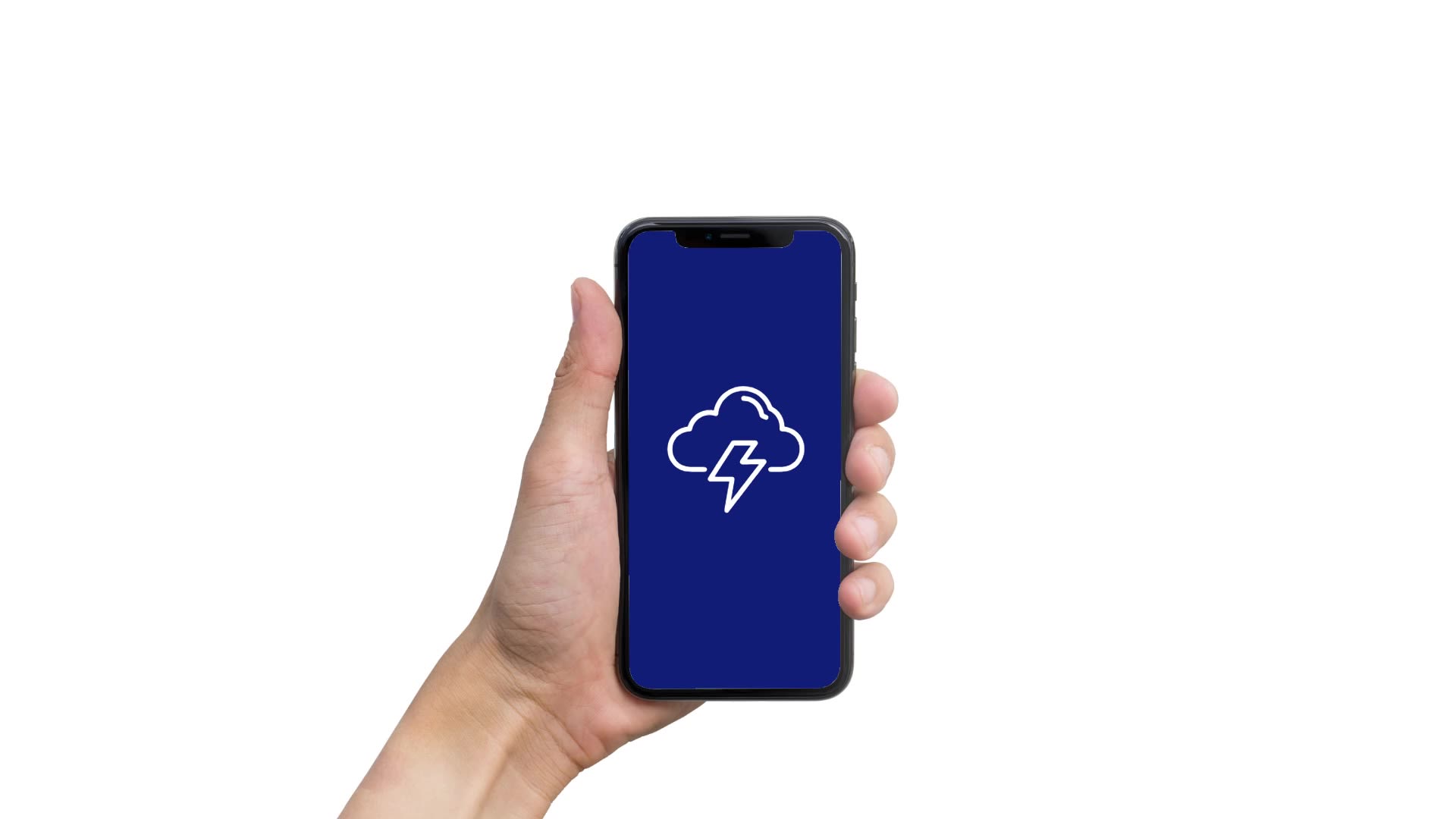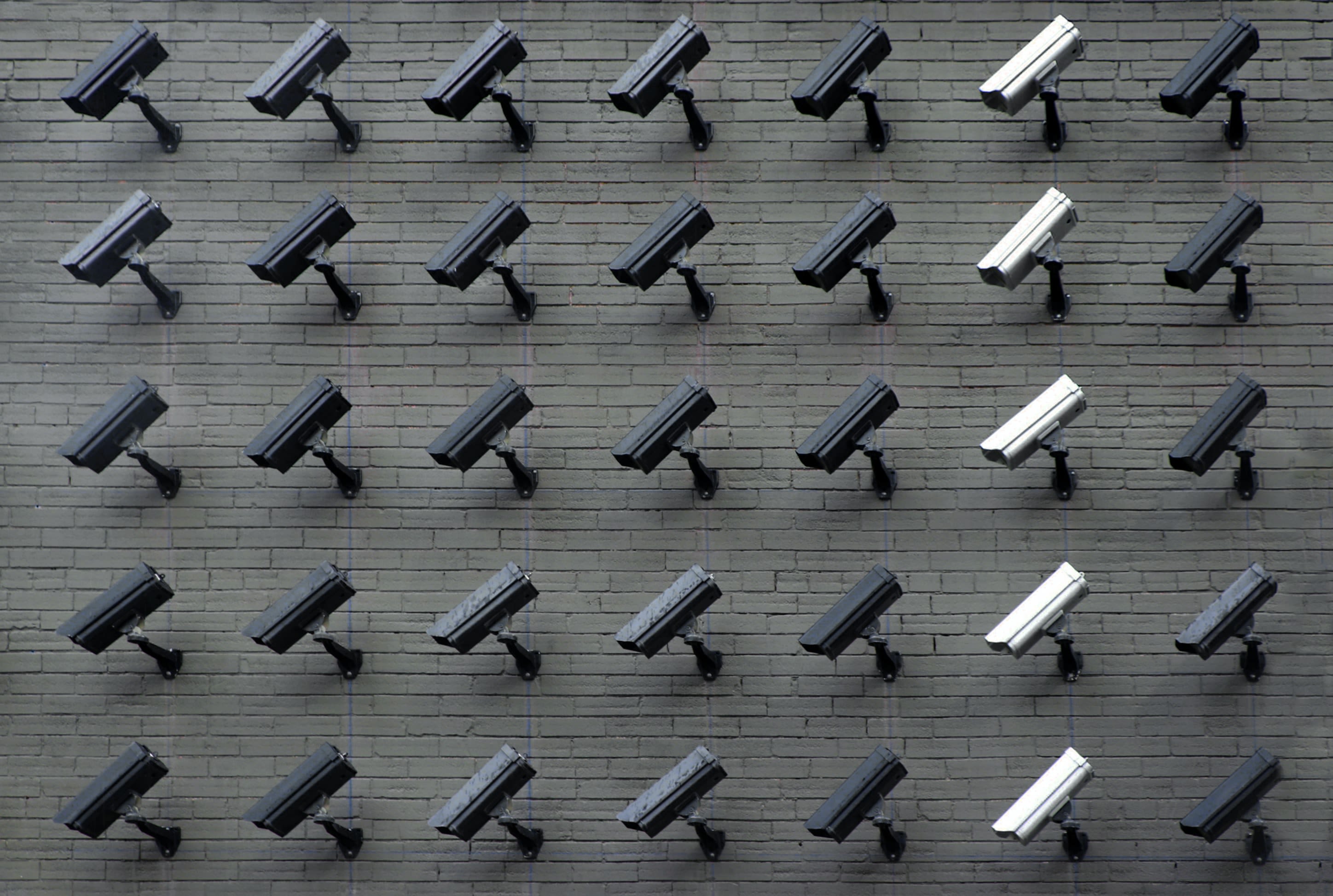The privacy paradox

How big tech is spying on you (and why you don't care,
even though you should).
I want you to reach for your smart phone, go to Settings and scroll down to Privacy and Security. Do you have Location Services on? Click through to see how many apps you share your location with. For me it was 79.
Some of these apps have very good reasons for knowing where you are. After all, how else will the weather app show your local conditions, Uber Eats deliver to your door in 30 minutes, Tinder hook you up to your nearest match and Amazon Prime help you pick your Free Next Day Delivery options?
Now click on Microphone. How many apps have permission to access your microphone? For me it was 17. Each of these apps can see where you are at any point in time and they can also hear what you are saying. You have explicitly given them permission to do so.

Nearly 80 per cent of people share their location some of the time and almost 20 per cent share it all the time. Special congratulations to the 3.07 billion Facebook and 2.4 billion Instagram users! These are the two most privacy-invasive apps, each collecting 32 data points of which seven are used to track you. They track your name, physical address, email and phone number, your browsing and search histories, your photos and videos, your friends and relatives, your comments and even your health data. They track you and profile you — with your permission.
We all say we value privacy, but we willingly give it up for convenience, for personalisation, for that dopamine hit of likes and shares."
2020 was a watershed year in data. We produced 64.2 billion ZB (one zettabyte=one trillion gigabytes) more than the detectable stars in the cosmos. Each one of us generates 15.87 TB of data every single day. This data is harvested, sequenced, shared, aggregated, used in live auctions and fuels a US$247 billion-a-year industry that is expected to exceed US $300 billion by 2030. App developers sell, share or use this data to cater to a host of obscure third-party data brokers, advertisers, retailers, and government agencies who make up the tip of the iceberg.

Are you freaked out yet?

In 2022, Meta paid US $37.5 million to 70 million FB users for tracking their devices even after they had location sharing turned off. I teach Digital and Social Media Marketing and when I ask my students – most of whom are Gen Zs with a sprinkling of millennials, Gen Xs and the occasional Boomer – about privacy, they shrug with an eerily relaxed smile, “I’m already sharing everything on social media, so why bother?” or “it makes better recommendations to me” or even, “how do I get seen if I hide?”
That's when it hits me.
Oversharing – the act of revealing excessive personal information in public or inappropriate contexts – isn't just a habit; it's built into the very DNA of our digital world. Of concern is that we are willing to lose our data quite cheaply
A European study found we are willing to sell our personal information (age, address and financial data) for just 25 euros, our social media interaction data for 12 euros, website browsing history for 7 euros, shopping data for 5 euros and search history for 2 euros. Wow!
We are heavily influenced by contextual factors (peer pressure, social norms and trust in the digital application) when making these trade-off decisions. Add to this our very human frailties — optimism bias (it will never happen to me), overconfidence (I know better than anyone), affect bias (making decisions on emotion and gut feeling rather than analysis), hyperbolic discounting (making different decisions to what we had planned) — and you realise you never really had a chance. Digital platforms know this and use this to their advantage.
So why should you care?
Extortion and identity theft, financial fraud and cyber bullying, predatory behavior and even murder... Reports of the dangers of oversharing on social media are all too real.
Of course, something like this will never happen to you. Until it does.
The unbelievable thing is that even a high perception of privacy risk is an insufficient motivator for people to adopt privacy protecting strategies, despite knowing these exist.
Most of you probably will not change a thing even after reading this. And that is the Privacy Paradox: the inconsistency between privacy attitudes and privacy behaviour.


How do we fight this digital trap?

First, awareness is key.
Understanding the value of your data is the first step in protecting it. Your data is the new oil, and you're giving it away for free.

Second, take control.
Review your privacy settings regularly. Be stingy with your permissions. Think twice before you share.

Third, demand better.
Support companies and policies that prioritise privacy. Your voice matters, use it. Remember this — in a world where everything is shared, privacy becomes the ultimate luxury. Treat it as such.
Original thinking direct to your inbox

Stories from Bond

